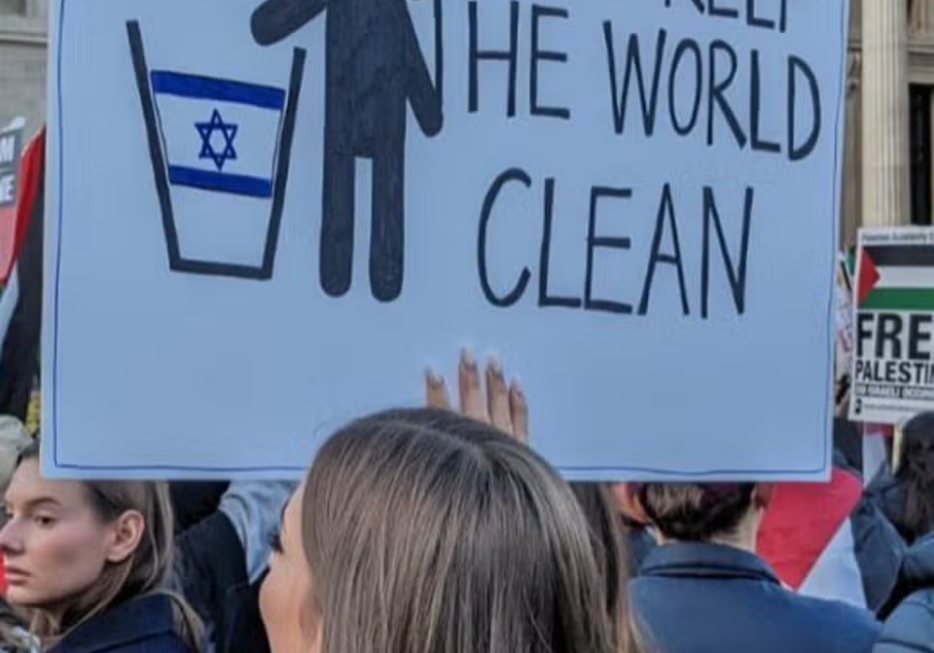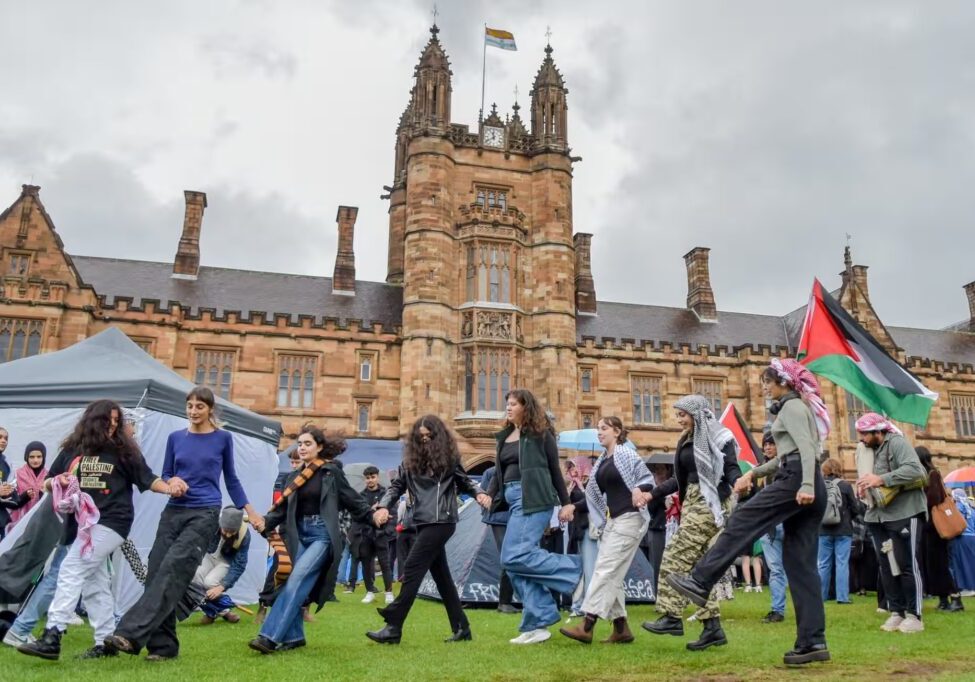Australia/Israel Review
Editorial: Clouds On The Horizon
Apr 2, 2007 | Colin Rubenstein
After months of on-again off-again negotiations, threats and outright violence, on March 17, the two main Palestinian factions, Hamas and Fatah, succeeded in forming a national unity government.
The platform of this government is even more negative than expected.
Back in February, the two sides agreed on the so-called Mecca Accord, which settled outstanding details concerning cabinet portfolios for the unity government. That document failed to fulfil the expectations of the international community, embodied in the three conditions laid down by the “Quartet” of the EU, UN, US and Russia: a renunciation of terrorism, recognition of Israel’s right to exist and honouring of previous Israeli-Palestinian agreements.
Formulated immediately after the election of Hamas in January last year, the conditions embargoed direct aid to the Hamas government (though not the Palestinian people, who actually received more international aid after Hamas’ election than they did the year before).
The closest the Mecca Accord came to meeting the Quartet’s conditions was a half-hearted line about “respecting” unspecified previous Palestinian agreements. Palestinian Authority President Mahmoud Abbas, of Fatah, wanted the Accord to say the new government would “commit to” previous agreements. Hamas successfully baulked at this, and has since made it clear it does not view itself as bound by any such agreements.
Possibly because of his eagerness to end bloody and increasingly uncontrollable inter-factional violence, Abbas yielded to Hamas’ wishes in almost every aspect of the Mecca Accord. And the unveiling of the unity government platform actually moved the Palestinians further away from peace with Israel.
Whereas the Mecca Accord omitted any reference to the demand for renunciation of terrorism, the new document clearly states that “resistance” – the Palestinian euphemism for terrorism – “is a legitimate right of the Palestinian people” and will only cease when the occupation ends and the so-called “right of return” is implemented.
Since an absolute right of return, which would destroy Israel demographically, is a complete non-starter for Israel, the new government is not only seemingly closing the door to peace, it is also apparently promising eternal “resistance” – terrorism and violence.
The platform also conditions an end to violence on an end to occupation, and declares the desire for a Palestinian state in the occupied lands. Supporters of Fatah will argue this means the West Bank and Gaza Strip, and constitutes a de facto recognition of Israel.
But, as a way around using the term “Israel,” which appears nowhere in the platform, the unity government’s platform dubs the Jewish state “the Occupation,” a common practice in Palestinian discourse. The implication is obvious – Israel itself is the occupation, not only the lands “occupied” in 1967, but the lands “occupied” in 1948.
Hamas will be trumpeting this to its supporters, to prove it hasn’t betrayed its founding principles. Fatah may emphasise a different interpretation to the West, but the Hamas position appears closer to the actual platform language.
Israel has wisely declared it will have nothing to do with the members of the new government unless all its members recognise Israel’s right to exist and renounce terror.
US Secretary of State Condoleezza Rice has been working with Israeli Foreign Minister Tzipi Livni and representatives of Abbas on a “political horizon”. By this is meant an outline of the parameters of a two-state resolution that would hopefully enable Palestinian moderates to finally fulfil their roadmap obligations to crack down on Palestinian terrorist infrastructure.
But hopes for such a “horizon”, always thin, now seem more clouded than ever. Hamas constantly reiterates that its only acceptable “resolution” is the destruction of Israel. Now Abbas, as leader of Fatah, has committed himself to a platform which all but endorses that view.
The PA was established when the Palestinian leadership committed to live peacefully with Israel. The current Palestinian leadership has withdrawn this commitment. Recognition and aid intended to build the prerequisites for a two-state resolution should continue to be withheld until the original commitment is renewed.
Meanwhile, an opportunity to open another potential way forward has also gone begging – the Saudi Peace Plan, re-iterated at an Arab summit in Riyadh in late March. Introduced in early 2002 by then Prince (now King) Abdullah, it floated the prospect of a full Arab-Israel peace in exchange for Israel withdrawing to the 1949 Armistice lines.
Unfortunately, though the Arab League endorsed the plan the same year, it added a term implying the unacceptable condition of a full Palestinian “right of return” and said nothing about negotiations.
In a statement in mid-March, Israeli Prime Minister Ehud Olmert suggested Israel was interested in talking about the initiative as a starting point for a peace deal. Some observers, including former Middle East mediator Dennis Ross (see pp. 19-22), have argued that if the Arab League had been willing to go some degree towards meeting Israel’s needs, by at least diluting the “right of return” provisions and raising the prospects of negotiations, this could have provided an impetus for progress. Abbas could have been given Arab cover for any concessions needed in pursuing a “political horizon”, while Olmert could have gained the domestic legitimacy to pursue negotiations and a potential outside interlocutor with influence over Hamas. Moreover, the Sunni Arab states, increasingly concerned about the Iranian threat, arguably today have more incentive than ever to lower the temperature of the Palestinian-Israeli issue.
Unfortunately, various players in the Arab world immediately made it clear the Arab League version wouldn’t be altered. The Arab states have again proven they would rather grandstand about the Palestinian issue than help create the conditions for the progress towards the establishment of a Palestinian state alongside Israel most say they want.
![]()
Tags: Israel






